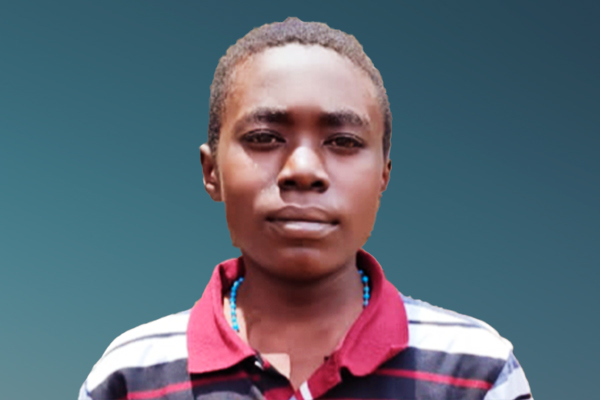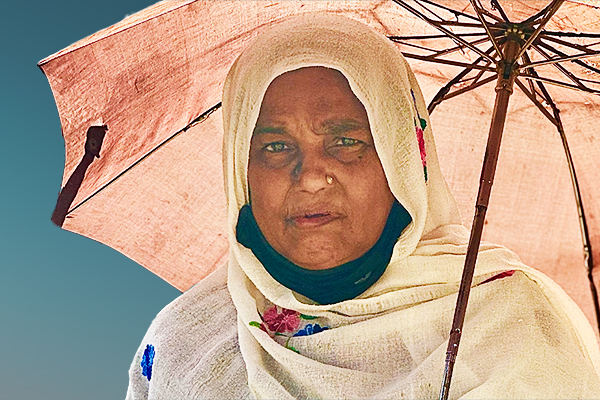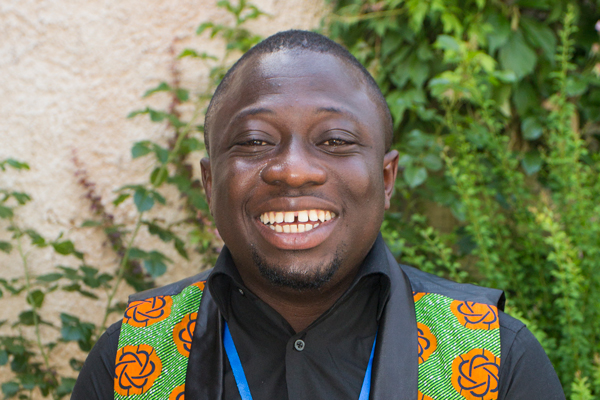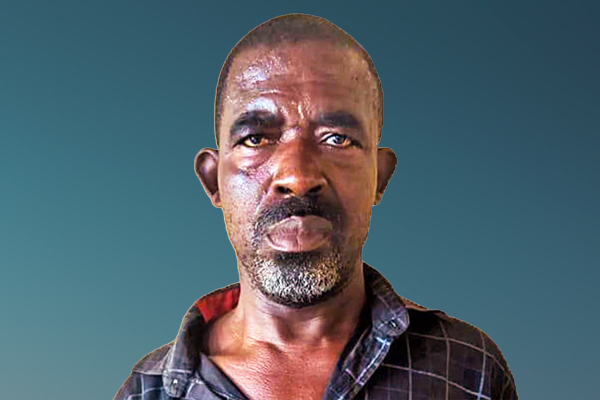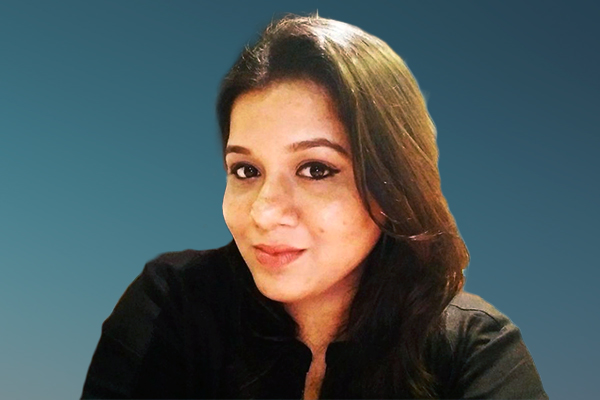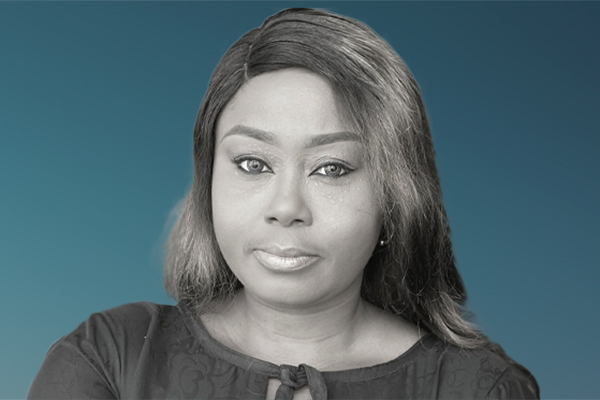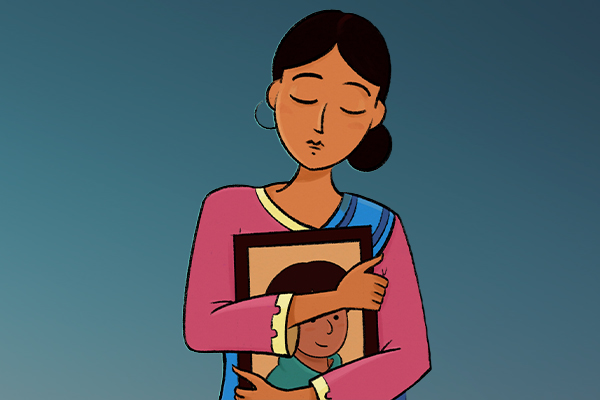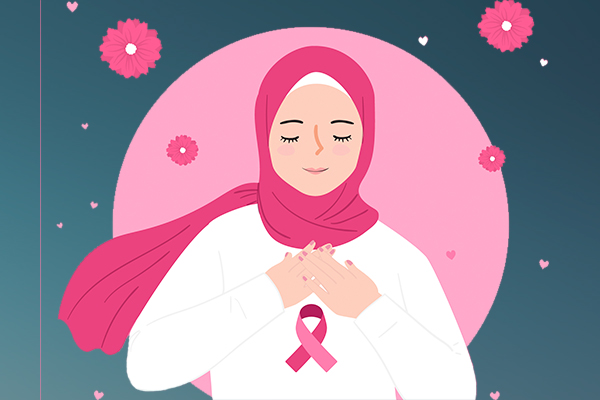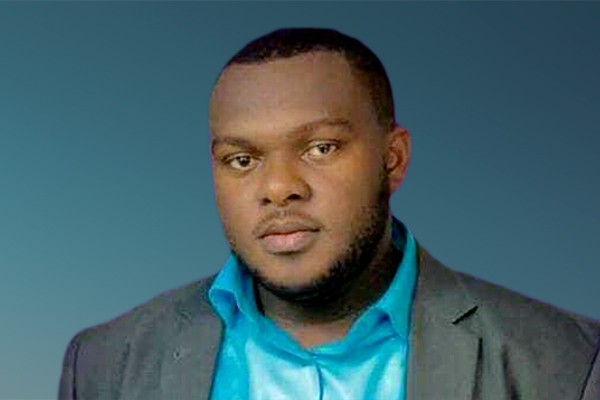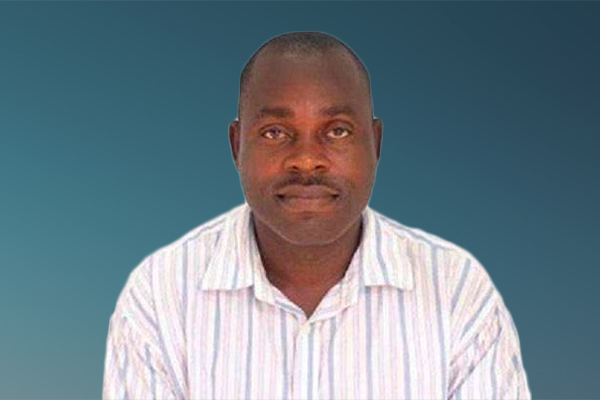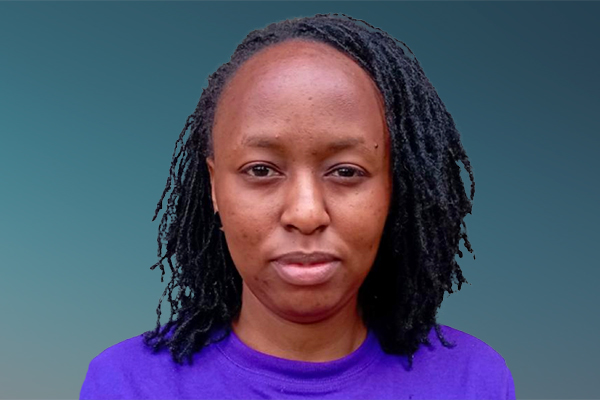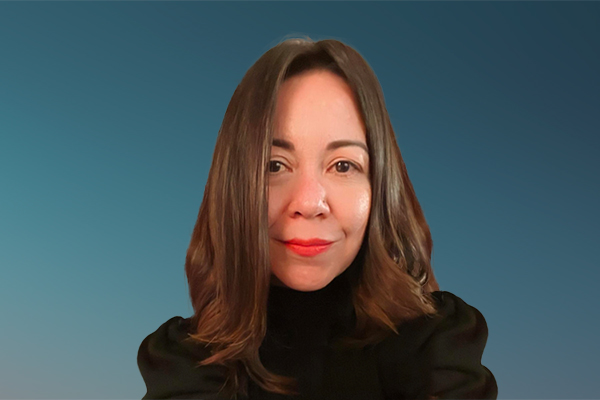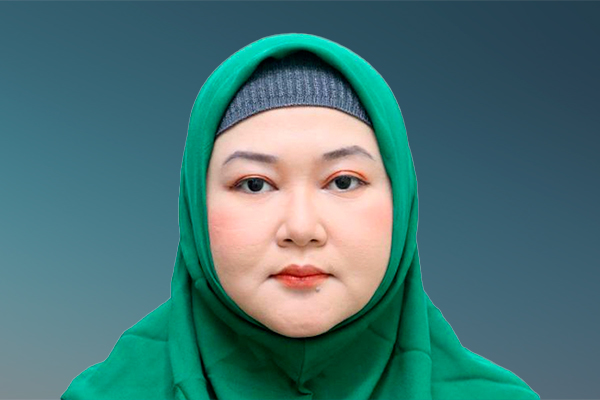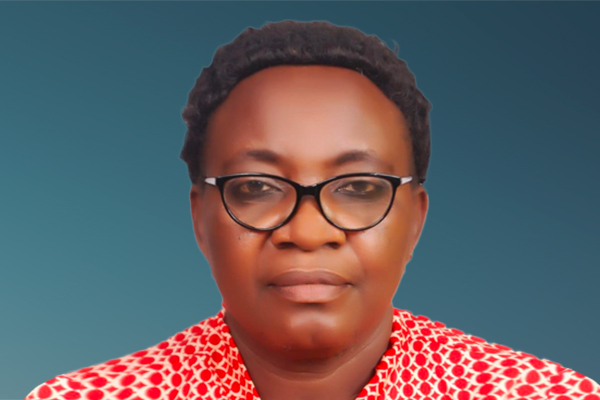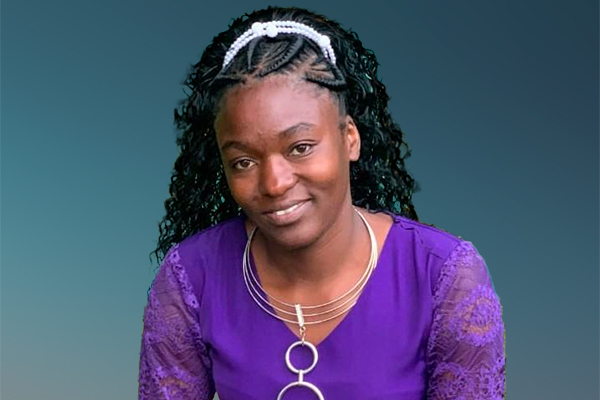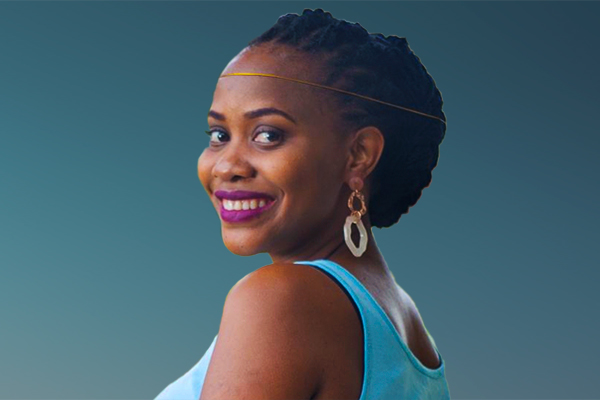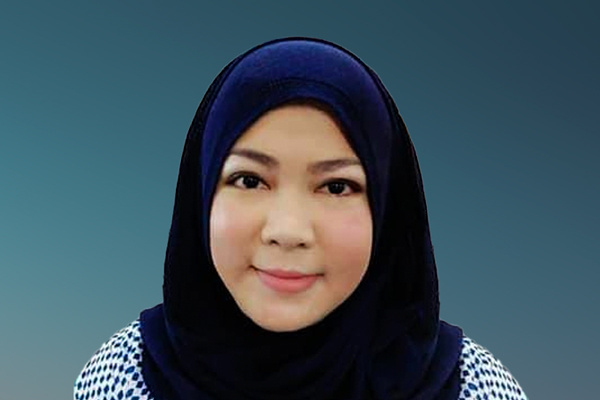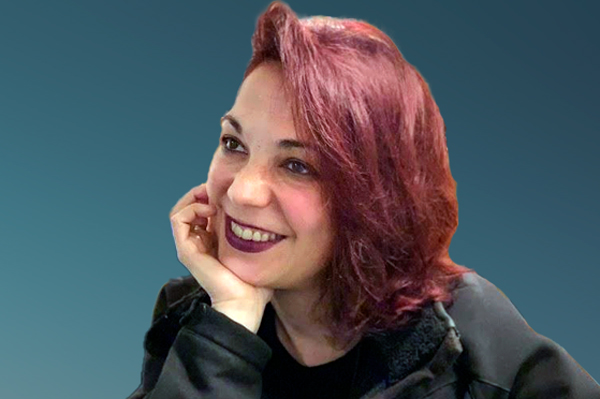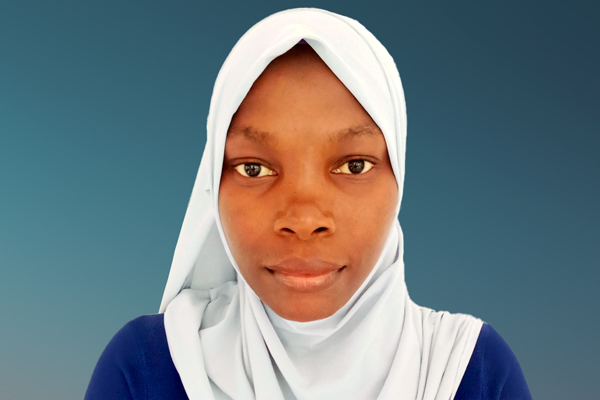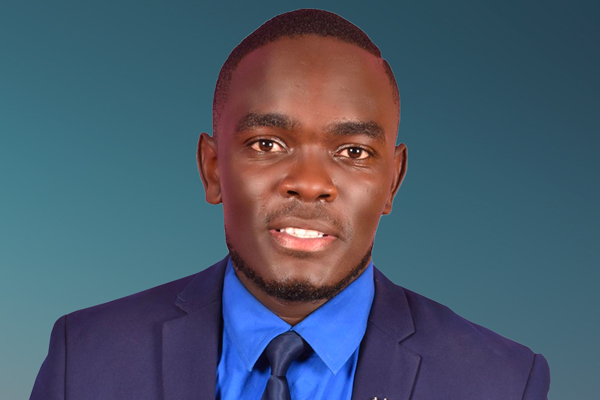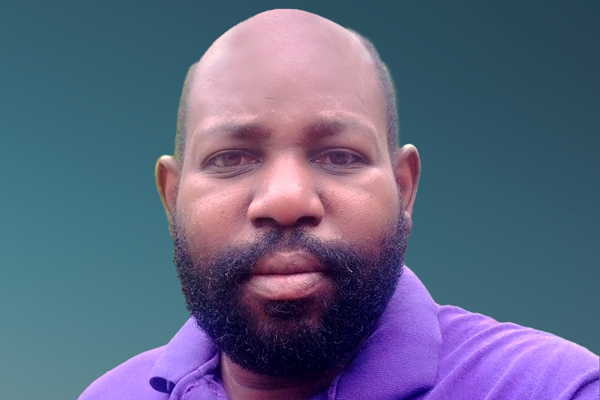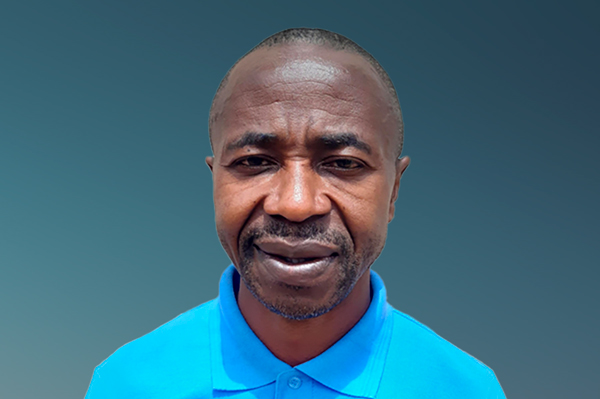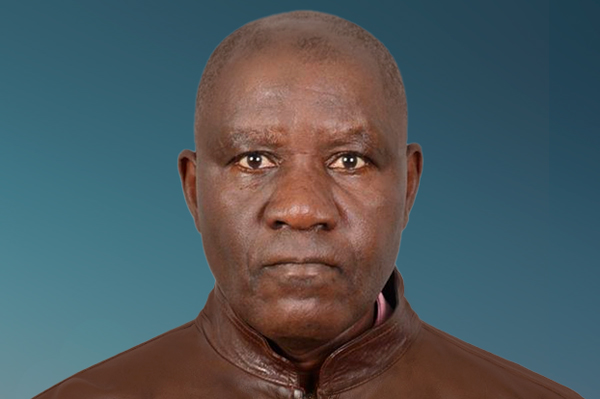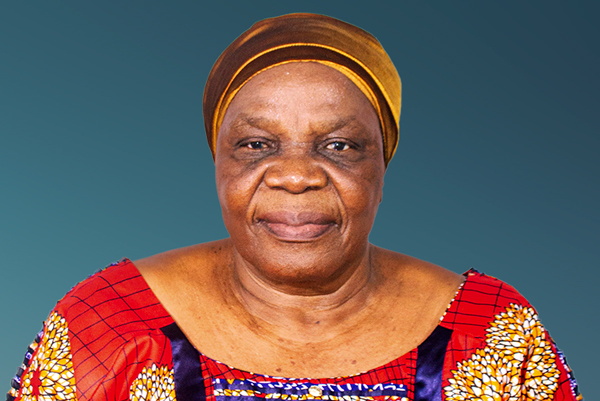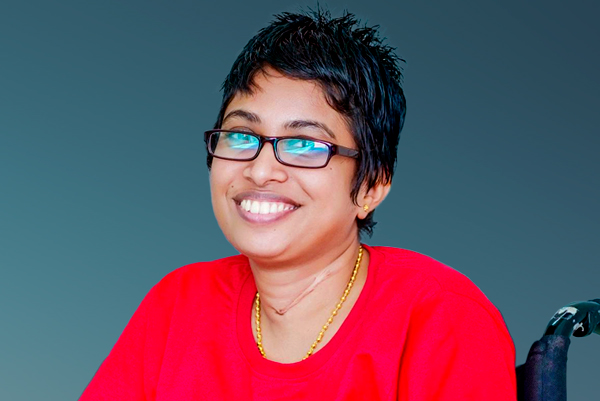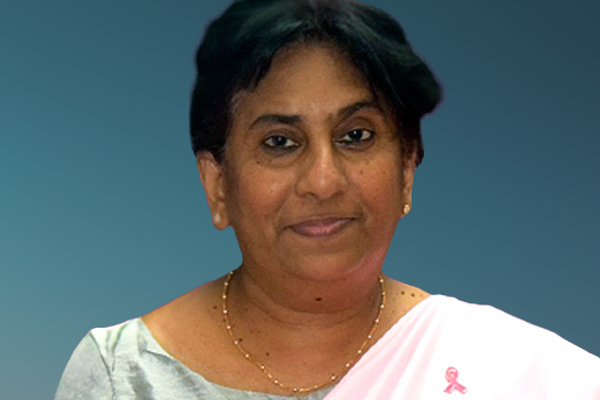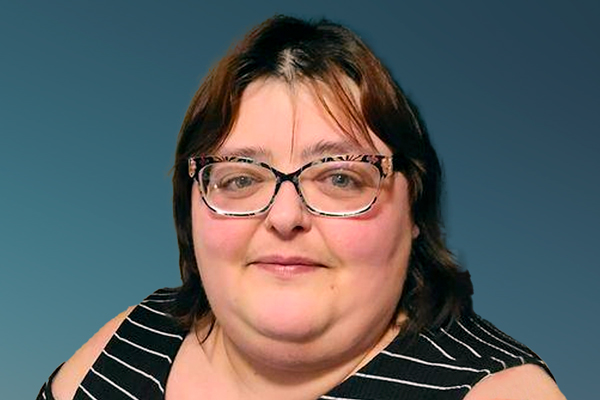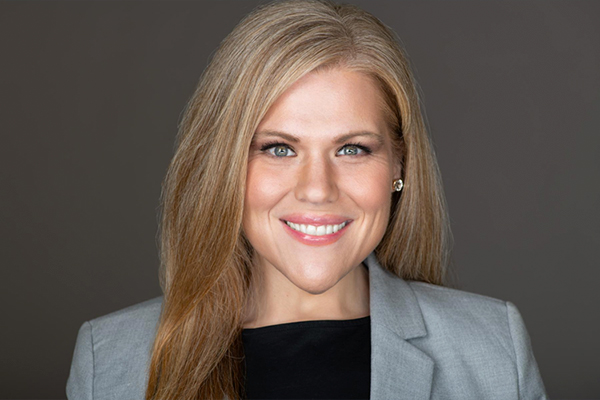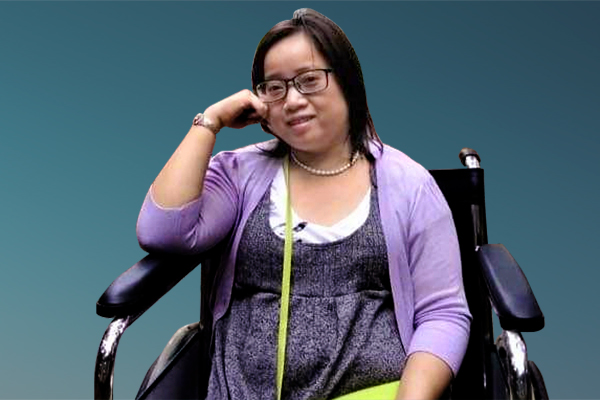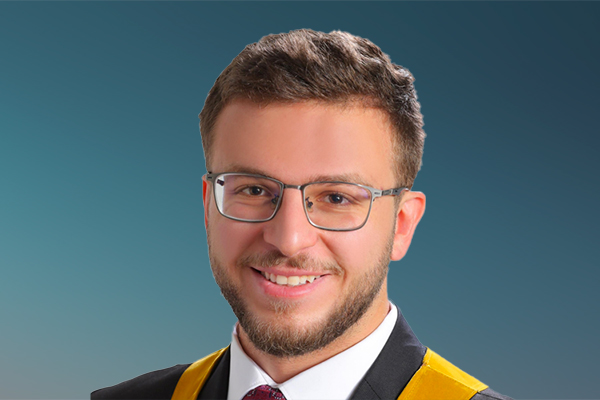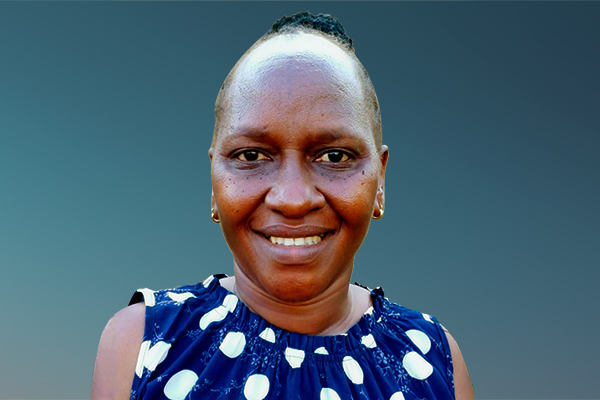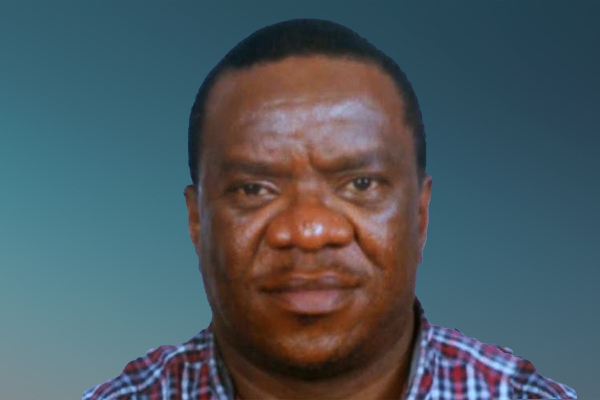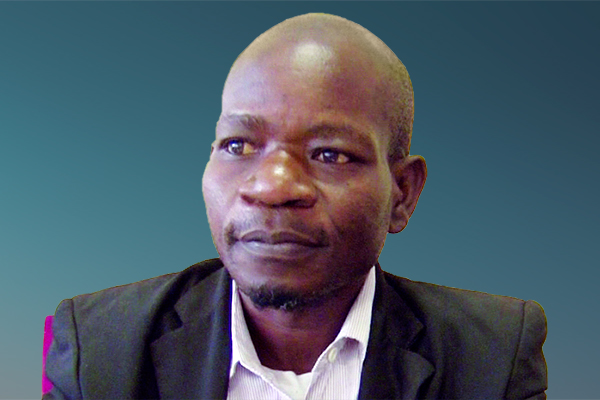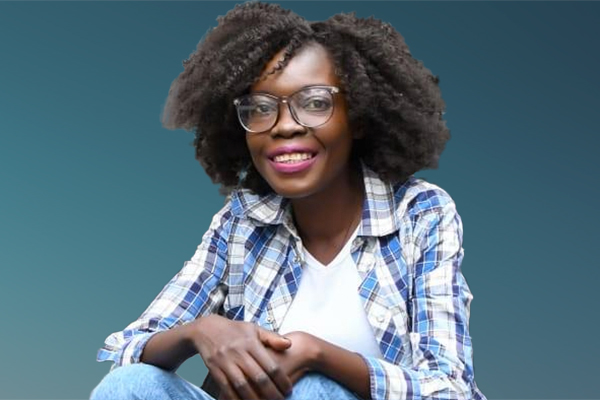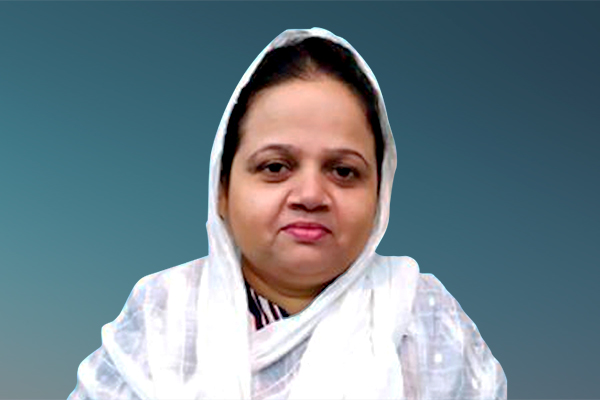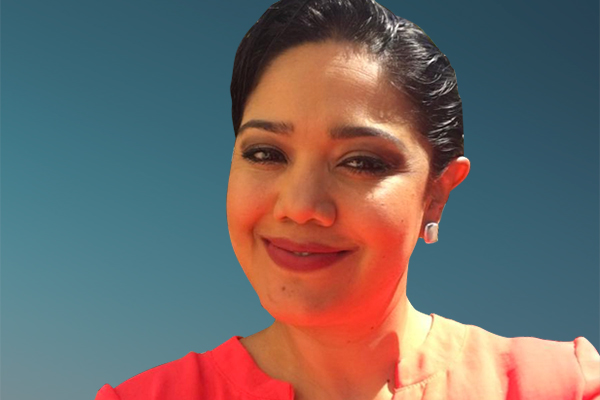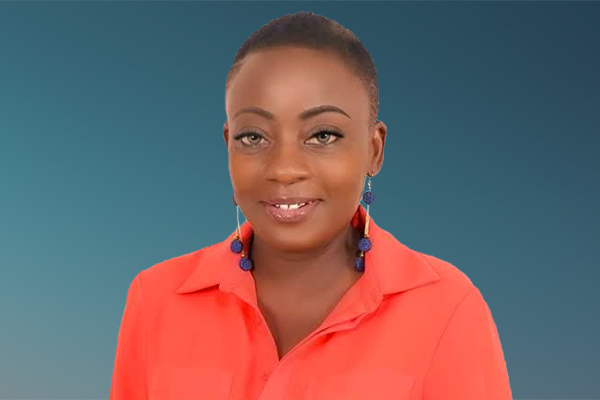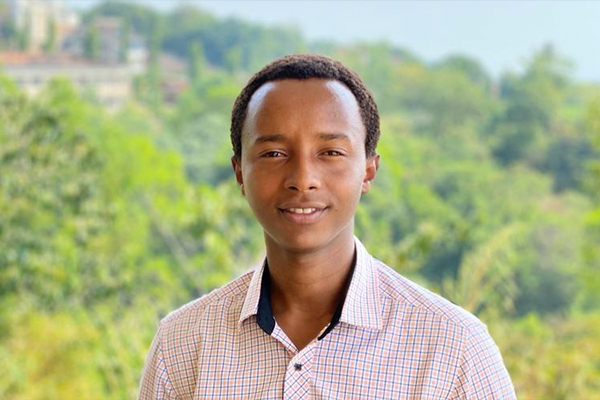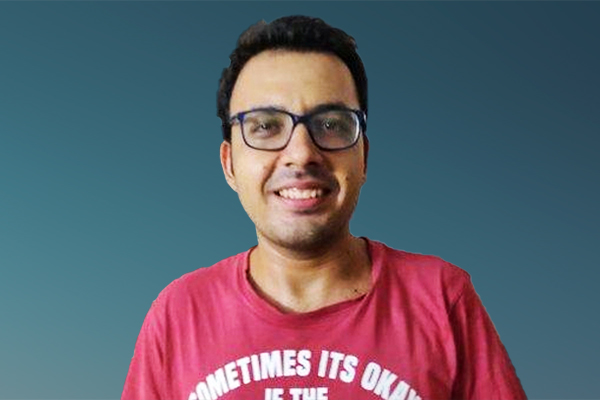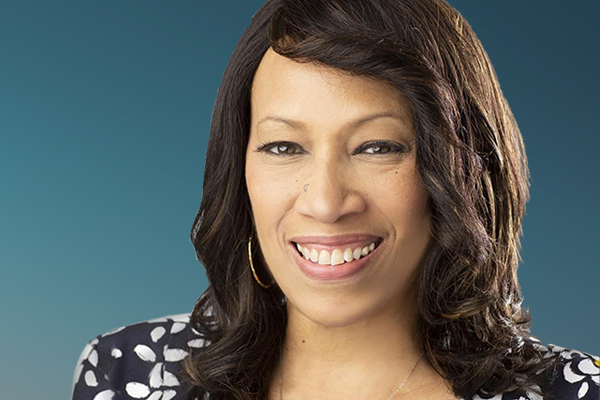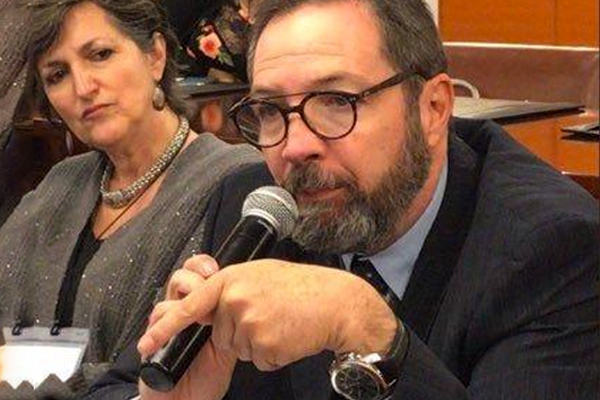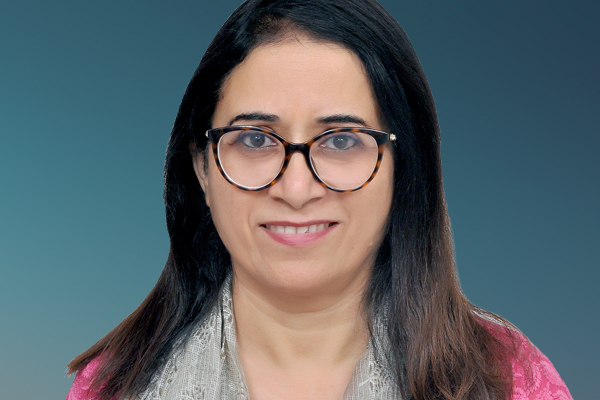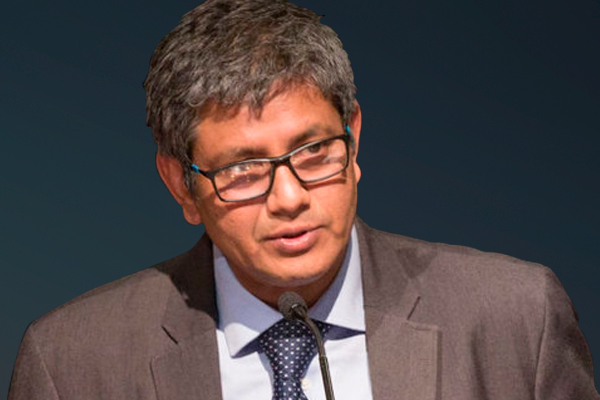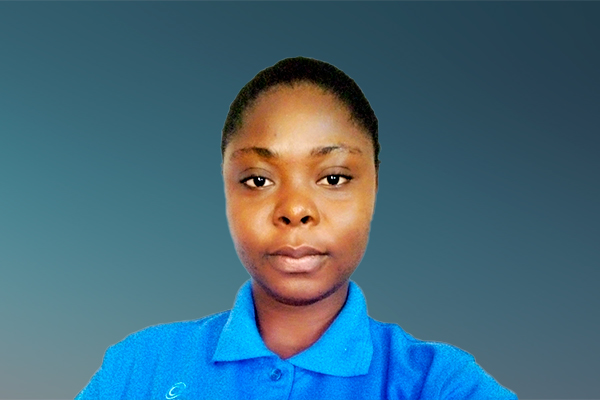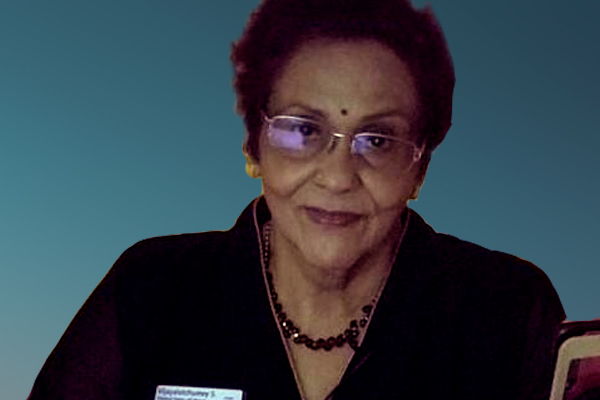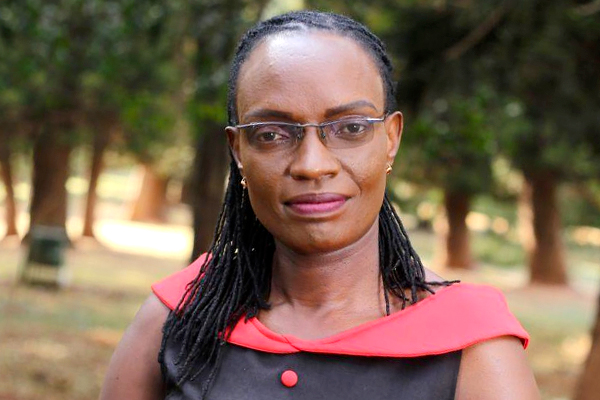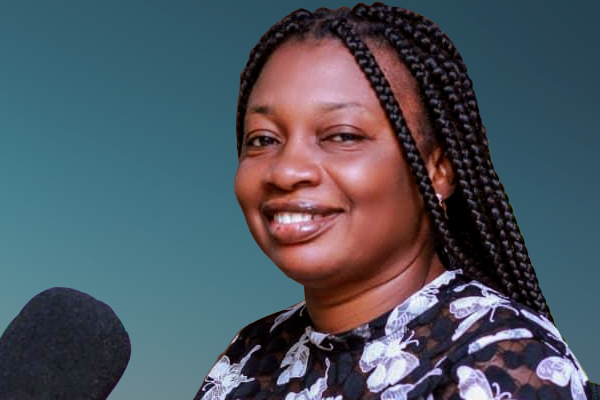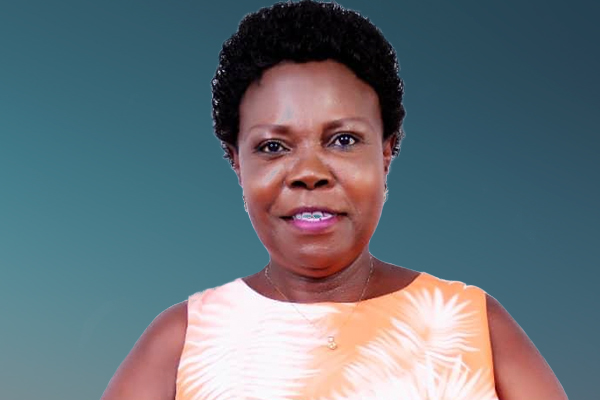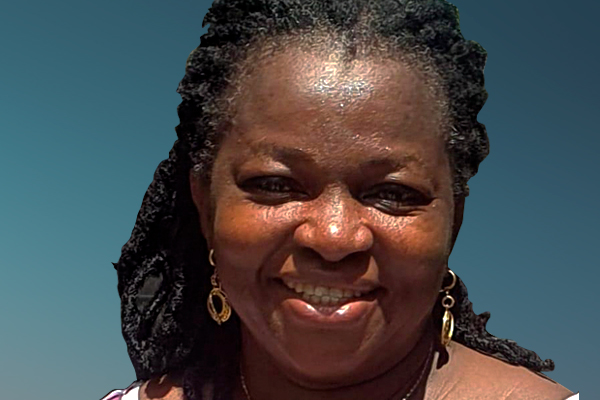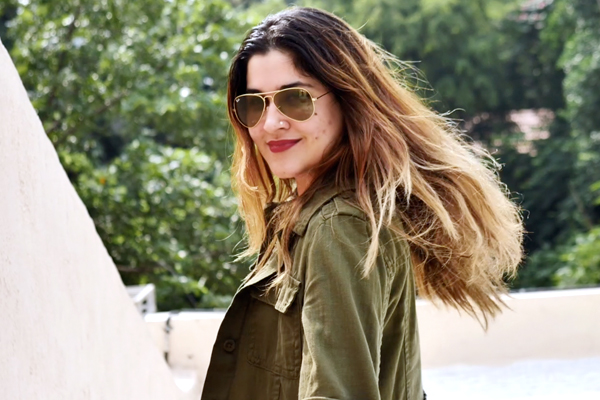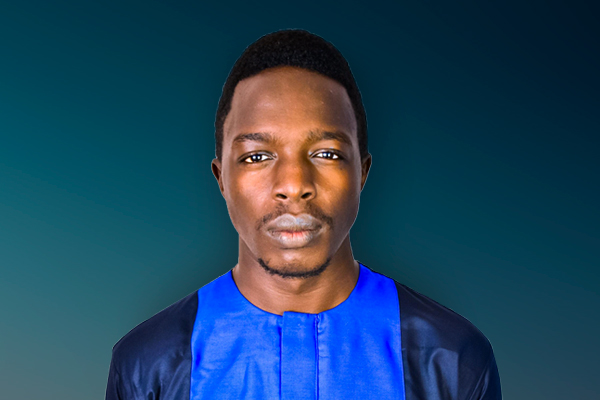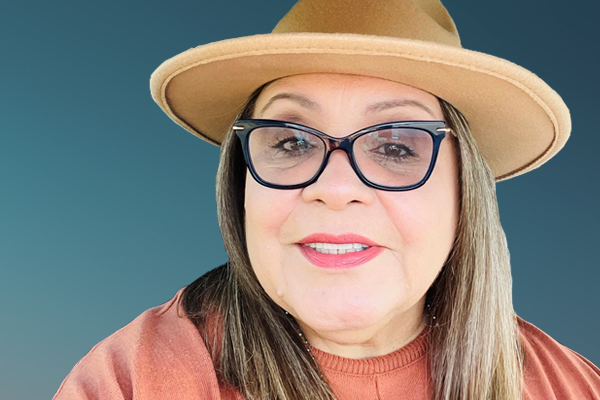In this episode, I aim to highlight the realities faced by other caregivers from my community. The story of my friend Pallavi, who has two sons, 22 year old and 15 year old, shows us how a single parent has to challenge in today's world in order to keep the physical, mental and emotional wellbeing of her children and of hers in place.
Krishnav is a class 10 student and suffers from chronic respiratory diseases. As a promising young lad, he has also dreams and aspirations. But due to his health conditions, he has not been leading a normal life. His physical activity has been compromised since childhood, and now in his teens, he is facing a lot of mental issues. Let us understand from Pallavi, the perspective of a caregiver to Krishnav.
Seema
Welcome Pallavi, and thank you for joining us.
Pallavi
Thank you so much.
Seema
If I can ask you, "can you please give a background of your son's chronic respiratory disease"?
Pallavi
My son fell ill at the age of two, and that is when we took him to the hospital actually, because he was in a bad condition, he couldn't breathe properly, and we were so scared. So, he was given a nebulizer and then we brought him home. There were certain medicines to take.
After that, it started happening every year. We know what to do because nobody told us about any system until we consulted this hermetic doctor who told us that he has allergy of dust and pollen. And also during the time when there is a lot of pollution, especially during Diwali time, he would get it getting. So twice a year, we needed help with Krishnav.
Seema
That's really sad that at just two years old, a baby, and you can't speak and you have to find out what discomfort the child is going through. What were the resources available during that time in order to make your life easier, maybe some kind of toolkit or maybe some kind of follow up plan so, that this condition can be dealt in a better way?
Pallavi
Initially, we did not have any toolkit, but then as the it came to know about his problem, his allergy, we were actually mentally prepared. We would give him medicine before that time actually approached. But then still he had that problem, it comes with dust and pollen and whenever the pollution increases.
Seema
But now, Krishnav, is 15 years old. Now he knows things and he understands his condition and he sees that unlike his friends, he cannot really go out and play and his physical activity is restricted. Mostly he's in the house. There must be some primary challenges that he faces. Can you please tell us something about that?
Pallavi
Yes, his diet is restricted. He really loves mangoes and watermelon, but he cannot have during April because his cough and his condition becomes bad. And even certain creamy stuff, pastries, etc., he cannot have junk food.
His physical activity is also restricted, since he loves going out to play every day, goes out to play otherwise. But during this period, he cannot go out because it really troubles him.
He missed his math exam also because of this and his final math paper in class 9. He missed it. So this is what scares me now that he is in class 10, he has 2 or 3 reports.
Seema
So his physical condition is compromised and then now is going up too, his academics also are affected because of his condition. And because he is in his teens, he understands that and he thinks that he's at the back-foot. This is really, a real hit on the mental state of a child who is 15 years old. So I can understand what he must be going through.
So what are your challenges to deal with the situation, when he's really unwell, especially now during COVID times? So many activities and so many services are tampered or have come to a standstill. So in your daily life, you know, we have so many challenges in our daily life and for you, there must be more because you're a single parent, you have to fend for yourself, you have to go for your job regularly - so how do you deal with, what is your preparedness like or what scares you the most?
Pallavi
During COVID time we have been extra careful about it. In fact over-careful, sensitive about all this - a little cough. We used to get mad because because during this time not many facilities were accessible. When my husband developed his COVID, he was there and he was diagnosed as a patient. So I had to send him away to my sister's place, because I knew that trouble was coming up.
Already his condition was not good in beginning of April. And then the COVID thing started, so, it was really a challenge for me because I wanted a doctor also.
So anyway, the doctor sent the medicines home. So it wasn't too much of a problem because she knows his state and she knows him well. So that is why it wasn't that much of a problem. But here during this time, now managing all this alone, there is still I mean, COVID is still not over. And it is scary. It is scary after the one case that we've had in your house. Yeah, it scares me.
Seema
It was a harrowing experience for you because you were also handicapped at that time, because you are not getting the resources that you wanted. Can you briefly tell us what are the challenges you felt during that particular time when you were fighting for your husband's survival?
Pallavi
Actually, that time, that was the peak time of COVID. We were all caught off guard. We were not prepared for this disaster at all. So things started getting complicated. He won't eat properly. And then I had no help from anywhere. So we've been following up with various hospitals, various people who have given us numbers and various health lines, but all of them, none of them were of any use. And if at all, some hospitals did pick up, they would say there were no beds available, or they would say oxygen should be 90, and then only we will take the patient in. So obviously I was looking for a hospital because his oxygen was not up to the past. So that time I had no assistance, no help. It started deteriorating. We arranged often cylinders at home, but that wasn't sufficient. The kind of health, the kind of medication and treatment that can be rendered in hospital, we weren't able to give him.
Seema
That time the healthcare system had really crashed. And it is so sad that during that time, when your husband was going through this, that Krishna was not with him. And because of his respiratory conditions, he could not even see his dad. So that's really sad. That's really sad.
Pallavi
Yeah, he was there for more than three weeks, because even after the COVID, I couldn't bring him back because we were isolated and it wasn't possible for him to be back. So all that trauma that he went through. I mean, for all of us, we may not have been together at that particular point of time, but then somehow this regret that he wasn't here, nobody can express what it feels like.
Seema
What kind of support is available, after all this that you have shared with me, what kind of support is available in India, in our city, as far as mental health is concerned?
Pallavi
As far as mental health is concerned, I think there's a lot of stigma attached to it. We do not, at the first sign, at the moment when the problem triggers, we do not approach a psychiatrist or we do not go for any counselling. That is because the stigma is attached to all of this. What are people going to say? I will be discriminated or my child will be discriminated if people come to know that he has been visiting a councillor. So all of this is there.
And plus there is lack of awareness also. We couldn't imagine that this could shoot up so much, and so suddenly. So, that lack of awareness was there. Had we been better educated about all of this, had government also warned us, had we been warned about it, I think we would have taken extra precautions.
And we would have managed.
And also, I feel that there has to be universal health coverage, so that every citizen who is born into the country, their health is taken care of. Quality of life is what people need, we have a right to it, okay? Instead of spending 13% of the GDP on defence and spending an enormous amount of money on advertising and so many other products which which are essential and which people are anyway going to buy. So all that money is wasted. Some of these campaigns are irrelevant and are not even required. So government money is wasted on all this, showing what we are doing, when actually it is not done.
I think we should have been ready for the challenges, government could have done a lot, really could have prevented this. With the reopening of the malls and everything that open with people not following the protocols. There were no stringent measures taken during this time and that is what triggered the second wave.
Seema
Yes, thank you so much, Pallavi. Your story, you know, listening from your perspective and what actually and practically you have gone through is very... I'm getting gooseflesh when I listened to all this. You have been quite strong. And with your sharing this story of your experience, I feel that each one of us should either share our opinion, our views, our stories and reach out in our own way to the policymakers and knock the right door and help them in framing policies and in contributing in one way or the other by being advocates of change. That's what our country wants and that's what we want, that we have to have a better life for ourselves and for the generation to come. So we have to pitch in to contribution in policymaking by individuals and by civil societies is very, very important. So we all have to come together.
Thank you so much Pallavi. I will take this discussion further in our next episode where we will be talking to representatives of civil society and a person who is from the government, who is actually involved in policymaking. And we will discuss further about what you went through and what we can do in the future to make things better for everyone. Thank you so much.

